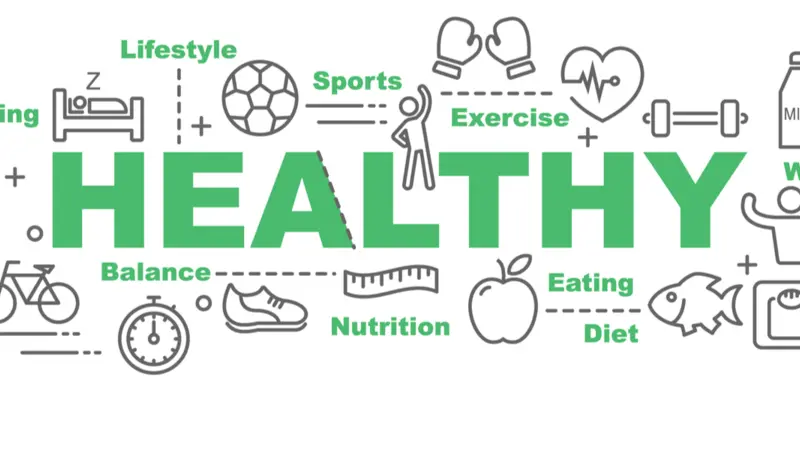

WELLthier Living and Aging

WELLthier Living and Aging
Lifestyle Choices: The Functional Medicine Approach to COVID-19
As COVID-19 continues to overwhelm communities and health systems across the US, the Institute for Functional Medicine (IFM) COVID-19 Task Force, members of the IFM staff, and consultants working with the IFM offer important strategies to help reduce the risk, and potentially the severity, of infection.
Dietary and lifestyle patterns can favorably modulate immune function—a crucial determinant for achieving optimal health. The anti-inflammatory properties of certain foods and lifestyle choices, including sleep, exercise, and social connections, can influence immune system function, reducing the risk of illness.
Practicing stress-modifying techniques on a regular basis can result in greater resilience when confronted with stressors.
Summary of clinical recommendations:
NUTRITION:
- Eat plenty of fruits and vegetables. Aim for 9–13 servings per day of a variety of types for a wide array of phytonutrients to enhance the gut microbiome.
- Consume dietary fiber, a minimum of 28–35 g daily, preferably from whole foods.
- Eat fermented vegetables or other probiotic-containing foods to maintain epithelial health and gut barrier function.
- Reduce or avoid immune offenders such as added sugars and salt, high-glycemic foods (including processed carbohydrates), and excessive saturated fat.
STRESS REDUCTION/MANAGEMENT:
- Monitoring stress levels through biofeedback markers such as heart rate variability (HRV) may assist in knowing when to implement stress-management strategies.
- Practicing stress-modifying techniques on a regular basis using HRV and other modalities can result in greater resilience when confronted with stressors.
SLEEP:
- Good quality, sufficient quantity (seven to eight hours), and adequate deep phasic bouts of sleep is of utmost importance as part of immune maintenance, as well as during times of recovery from illness.
- Patients should practice good sleep hygiene and maintain consistent sleep hours by turning off screens, ensuring the room is cool, quiet, and dark, and setting reminders to go to bed on time.
EXERCISE:
- A personalized exercise program can be designed even during homestay by utilizing features such as apps, the internet, and technology, or by experiencing the calming, immune-supportive effects of being in nature.
SOCIAL FACTORS/CONNECTION:
- Encourage reduced exposure to hostile and non-supportive interactions and encourage spending time with people who are positive or affirming.
- For those who may be lonely or isolated, as well as those at increased risk of immune compromise, recommend regular social connection as a routine—participating virtually in local community events or religious or spiritual groups.
REFERENCES
The Institute for Functional Medicine. (2020, April 8). The functional medicine approach to COVID-19: Lifestyle practices for strengthening host defense. Retrieved from https://www.ifm.org/news-insights/lifestyle-practices-for-strengthening-host-defense/
For more information, click here https://video.ifm.org/the-functional-medicine-approach-to-1 for a presentation by IFM educator Deanna Minich, PhD, and Monique Class, MS, APRN, explaining lifestyle factors that can increase patients’ resilience during the COVID-19 pandemic, with moderator Patrick Hanaway, MD.


 By
By



